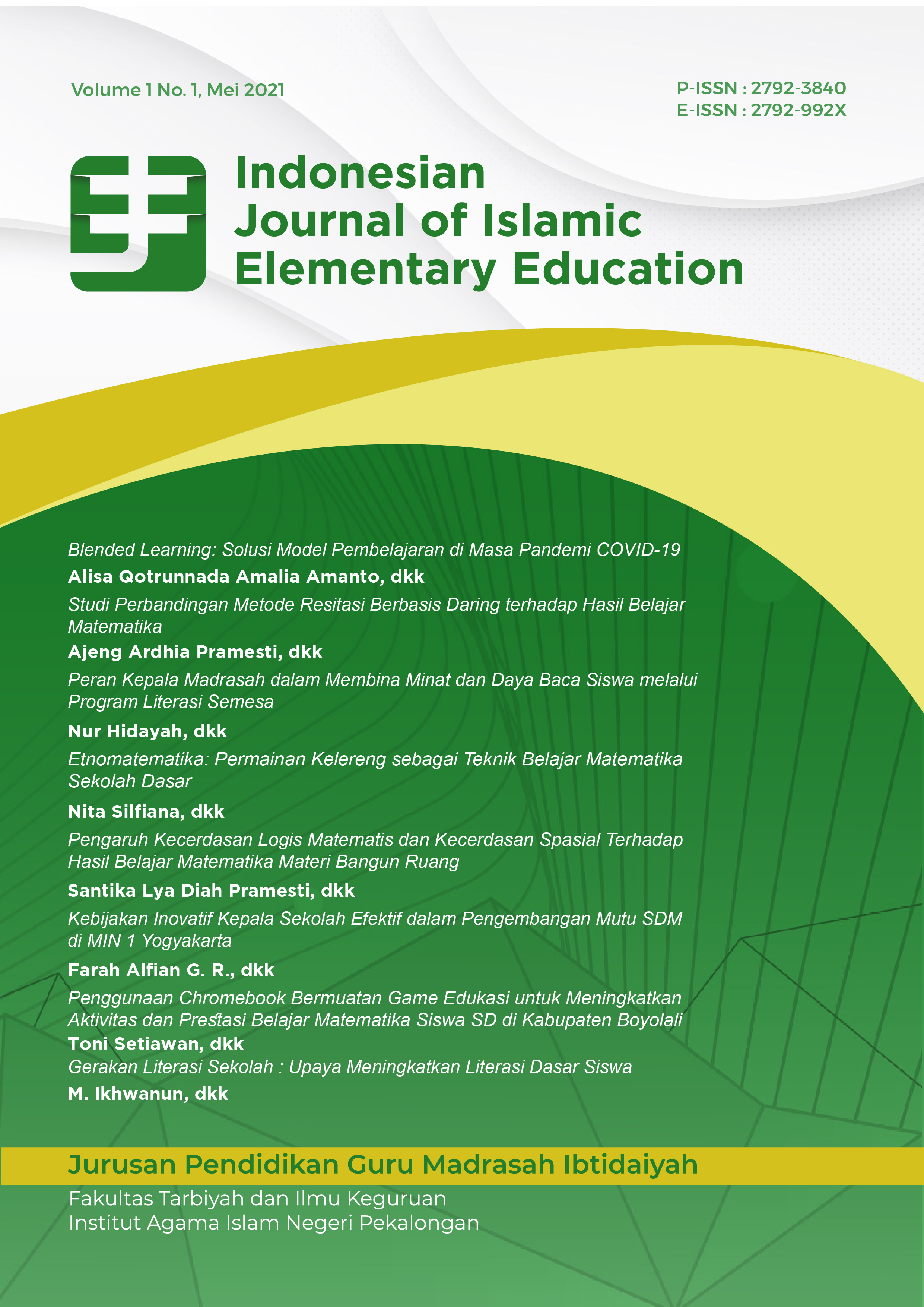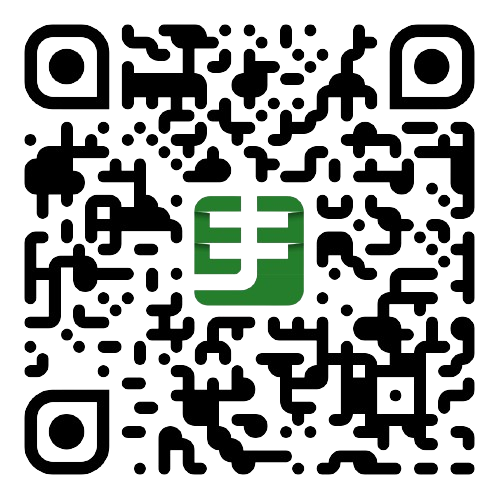Studi Perbandingan Metode Resitasi Berbasis Daring terhadap Hasil Belajar Matematika
DOI:
https://doi.org/10.28918/ijiee.v1i1.3926Keywords:
Mathematics learning outcomes, Recitation method, Online learningAbstract
This study aims to determine whether the online-based recitation method can provide better student mathematics learning outcomes. The research approach used is a quantitative approach with a quasi-experimental type of research. The population and sample in this study were all students of fifth grade class in SDN Proyonanggan 01 Batang, totaling 47 students. The sample is divided into two classes, the control class is the class that does not use the online-based recitation method and the experimental class is the class that applies the online-based recitation method. Data collection techniques used are test and documentation methods. The test is used to measure students' mathematics learning outcomes and documentation is used to obtain documentary data. The data analysis technique in this study used an independent sample t test. The results of the study concluded that the online-based recitation method gave a better effect on the mathematics learning outcomes of fifth grade students at SDN Proyonanggan 01 Batang. This can be seen from the results of the independent sample t test, it is found that tcount= 3.182 > ttable= 2.014. These results mean that there is a significant difference in mathematics learning outcomes between the control class and the experimental class and the posttest average score for the experimental class is higher than the average score for the control class.
References
Arikunto, Suharsimi. Prosedur Penelitian Suatu Tindakan Praktik. Jakarta: Rineka Cipta, 2006.
Hanafi, Halid. Dkk. 2018. Ilmu Pendidikan Islam. Sleman: DEEPUBLISH.
Kamsinah. 2008. "Metode Dalan Proses Pembelajaran”. Jurnal lentera Pendidikan, Vol. 11 No. 1.
Mastuti, Rini. dkk. 2020. Teaching From Home dari Belajar Merdeka Menuju Merdeka Belajar. Yayasan Kita Menulis.
Sari, Ratih Purnama. dkk. “Pengembangan Kemampuan Mahasiswa PGSD dalam Membuat Media Pembelajaran Melalui Metode Pembelajaran Resitasi Berbantuan You Tube”. Jurnal Pendidikan Dasar, P-ISSN 2086-7433 E-ISSN 2549-5801.
Sari, Yeni Atikah. 2015. “Pengaruh Metode Resitasi pada Mata Pelajaran PAI terhadap Hasil Belajar Siswa kelas VIII SMP Darussalam Ciputat”. Skripsi Sarjana Pendidikan, Jakarta: UIN Hidayatullah Jakarta.
Setyosari, Punaji. 2016. Metode Penelitian Pendidikan dan Pengembangan. Jakarta: Prenadamedia Group.
Sholihah, Dyahsin Alin. dkk. 2015. “Keefektifan Eksperiential Learning Pembelajaran Matematika MTs Materi Bangun Ruang Sisi Datar”. Jurnal Riset Pendidikan Matematika, Vol. 2 No. 2.
Sinar. 2018. Metode Active Learning Upaya Peningkatan Keaktifan dan Hasil Belajar Siswa. Sleman: DEEPUBLISH.
Solikhatun. 2016. Metode Pendidikan Islam menurut An-Nahlawai. Pekalongan: CV. Duta Media Utama
Soponyono, Andreas Eko. dkk. “Perbandingan Penerapan Metode Drill dan Resitasi terhadap Hasil Belajar Kognitif Matematika Siswa Kelas XI IPA di SMA ABC Cikarang”. Journal of Holistic Mathematics Education, Vol. 1 No. 2.
Sudarsana, Ketut. dkk. 2020. Covid – 19 Perspektif Pendidikan. Yayasan Kita Menulis.
Sutopo, Edi. dkk, Selaksa Rasa KBM Online. Banyumas: Omera Pustaka.
Tambak, Syahraini. 2016. “Metode Resitasi dalam Pembelajaran Pendidikan Agama Islam”. Jurnal Al-Hikmah, Vol. 13 No. 1.
Zaenal Mustakim. 2017. Strategi dan Metode Pembelajaran. Pekalongan: IAIN Pekalongan Press.
Downloads
Published
Issue
Section
License
Copyright (c) 2021 Ajeng Ardhia Pramesti, Juwita Rini

This work is licensed under a Creative Commons Attribution 4.0 International License.
You are free to:
Share — copy and redistribute the material in any medium or format for any purpose, even commercially.
Adapt — remix, transform, and build upon the material for any purpose, even commercially.
The licensor cannot revoke these freedoms as long as you follow the license terms.
Under the following terms:
Attribution — You must give appropriate credit , provide a link to the license, and indicate if changes were made . You may do so in any reasonable manner, but not in any way that suggests the licensor endorses you or your use.
No additional restrictions — You may not apply legal terms or technological measures that legally restrict others from doing anything the license permits.
Notices:
You do not have to comply with the license for elements of the material in the public domain or where your use is permitted by an applicable exception or limitation .
No warranties are given. The license may not give you all of the permissions necessary for your intended use. For example, other rights such as publicity, privacy, or moral rights may limit how you use the material.












